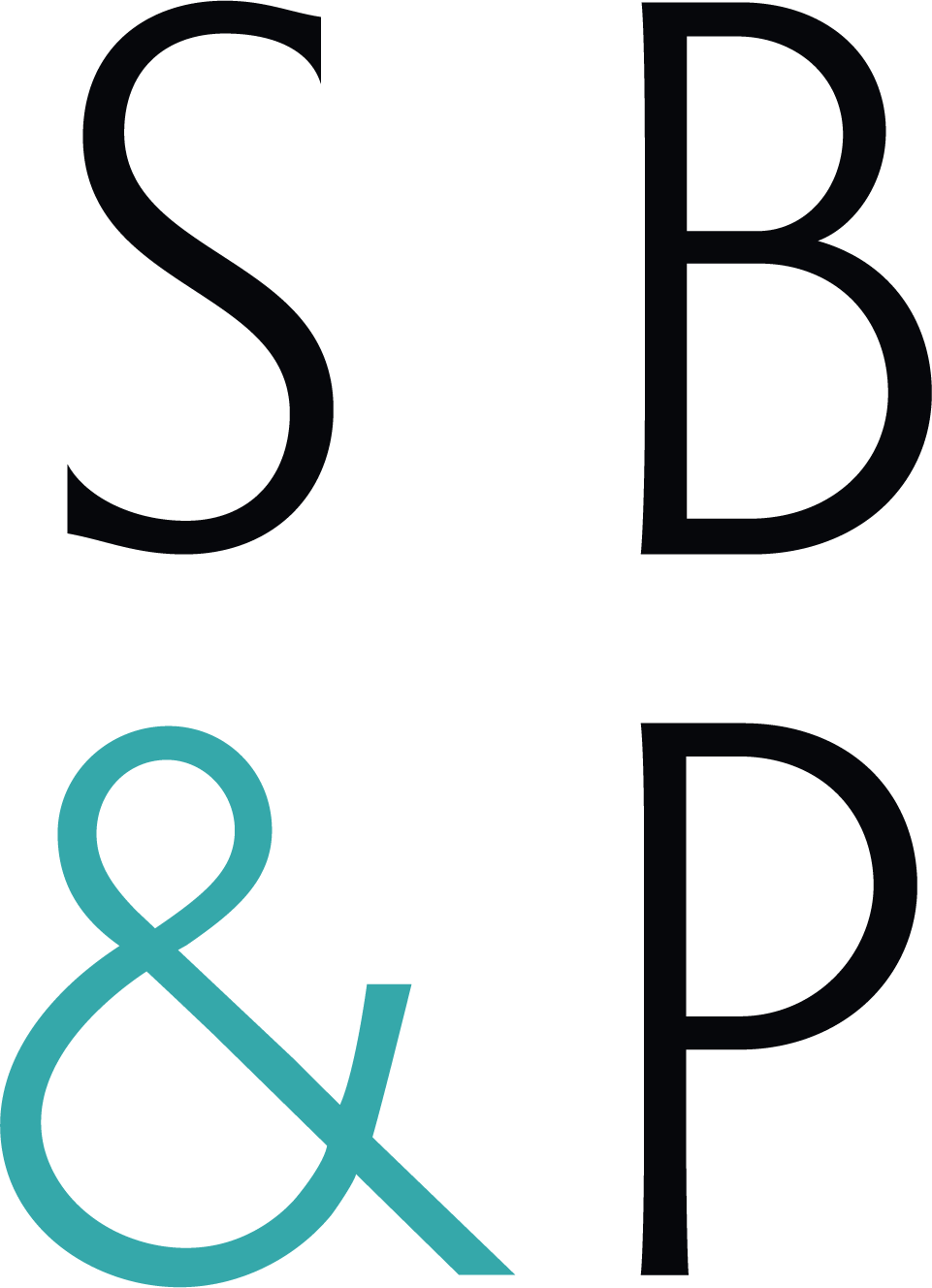The Government has released its COVID-19 recovery strategy, which follows a three-step process for lifting restrictions. The implementation date for each step will depend on the Government being able to successfully control the spread of the virus. If sufficient progress is not made, delays or restrictions will be put back in place.
Here are the key points businesses need to know.
Step One. From 13 May 2020.
Businesses
Businesses are encouraged to make every possible effort to enable their employees to work from home.
If workers cannot work from home and their workplace is open, travel to work is permitted. This includes businesses in food production, construction, manufacturing, logistics, distribution and scientific research in laboratories. However, hospitality and non-essential retail businesses must remain closed.
Travel
Public transport is still to be avoided where possible. Where employees have no option but to travel on public transport, they should follow the safer travel guidance.
Face-coverings
It is advised that people should wear a face-covering in enclosed spaces where social distancing is not possible, for example on public transport or in shops.
International Travel
There will be new measures and restrictions at the UK border. These include:
- requiring all international arrivals to supply their contact and accommodation information
- advising all international arrivals to use the NHS contact tracing app
- Requiring all international arrivals that are not exempt to self-isolate for fourteen days on arrival into the UK
Future of Business support schemes
The Government’s measures to support individuals and businesses are not sustainable. The Office for Budget Responsibility has estimated that the direct cost to the Government of the response to COVID-19 could rise above £100 billion in 2020-21.
Therefore, within these steps, the Government will need to wind down the economic support it is providing.
Step 2. 1 June 2020 (no earlier).
Businesses
Non-essential retailers that can follow the COVID-19 Secure guidelines, may begin to open. This will be done in phases from 1 June and we expect more information on this approach to be released shortly.
All other sectors that are currently closed, including hospitality and personal care, will still not be able to open. The opening of such sectors is likely to take place in step three.
Travel
Local public transport in urban areas will be re-opened, subject to strict measures.
Cultural and Sporting Events
These may be able to take place behind closed-doors.
Step 3. 4 July 2020 (no earlier).
Businesses
The remaining businesses that are closed can open, including: personal care (e.g. beauty salons) hospitality (e.g. pubs and hotels), public places (e.g. places of worship) and leisure facilities (e.g. cinemas).
These businesses will need to meet the COVID-19 Secure guidelines.
However, venues where it is still difficult to enact social distancing may still not be able to open.
To facilitate the fastest possible re-opening of higher-risk businesses, the Government will phase and pilot re-openings to test their ability to adopt the new COVID-19 Secure guidelines.
Back to top








